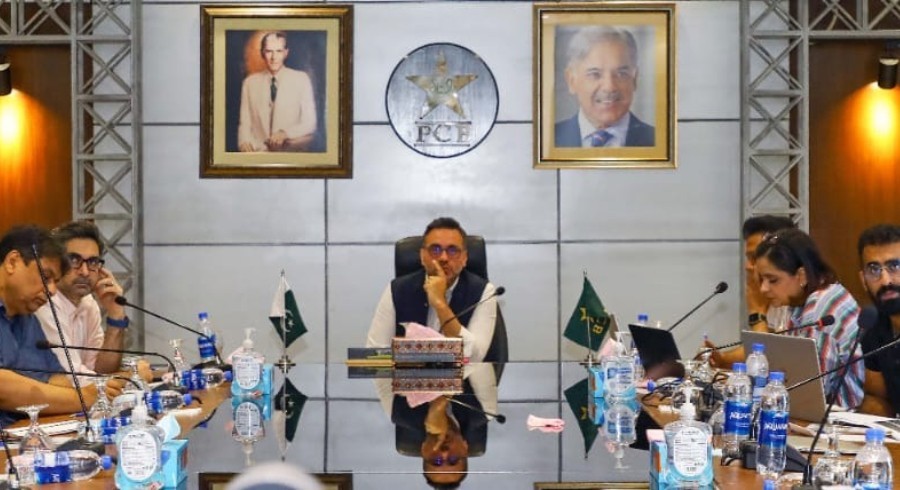Franchise owners insist the revenue share increase was legal and followed proper procedures
 PHOTO: PCB
PHOTO: PCB
Pakistan Super League (PSL) franchises have rejected objections raised over the increase in their share of the central revenue pool, stating that nothing unlawful occurred. The Pakistan Cricket Board’s (PCB) current administration has yet to decide whether to initiate a formal inquiry into the matter.
The issue recently came under scrutiny in the Public Accounts Committee (PAC), where it was highlighted—based on audit reports—that the PCB had increased the central pool share of PSL franchises to 95%, resulting in an alleged loss of billions of rupees to the board.
According to sources, a PSL meeting was held in Lahore on Wednesday where PCB CEO Salman Naseer briefed franchise representatives on the matter. Interestingly, when the revenue-sharing agreement was originally made, Salman Naseer was overseeing legal affairs at the board and was serving as PCB’s Chief Operating Officer.
The franchise owners maintain that the process was entirely within legal bounds and that there was nothing irregular about the increase in their share. So far, the current PCB administration has not decided to launch a formal investigation.
To recap, in 2016, the PCB sold ownership rights of five PSL franchises for ten years. Later, a sixth team—Multan Sultans—was added. Due to financial issues, Multan’s ownership was eventually changed. These franchise agreements are set to remain in effect until 2025. Ahead of the 11th edition, a revaluation is expected, followed by an increase in franchise fees.
Franchise owners have consistently claimed that they were facing financial losses and demanded a revision of the league’s financial model. The issue even reached court in 2020, but both parties later opted for a negotiated resolution. Then-chairman Ehsan Mani and CEO Wasim Khan led the discussions, and after lengthy deliberations on several financial models, a broad consensus was reached.
However, Mani, citing possible legal complications in the event of a change in government, chose not to approve the model himself. A proposal to present the new model in parliament was also rejected. The matter was eventually referred to Justice (R) Tassaduq Hussain Jillani, who submitted a report to the PCB—but that report was never shared with the franchises.
Following Ehsan Mani’s departure, new PCB Chairman Ramiz Raja held meetings with team owners and officials. In consultation with his colleagues, he presented a revised financial model, which the franchises eventually accepted. Under the new revenue-sharing formula, franchises were to receive 95% of the central pool proceeds after expenses, and a fixed dollar exchange rate was agreed for their annual fees.
However, the latest audit report has raised fresh objections over the agreement, reviving concerns about its financial implications for the PCB.